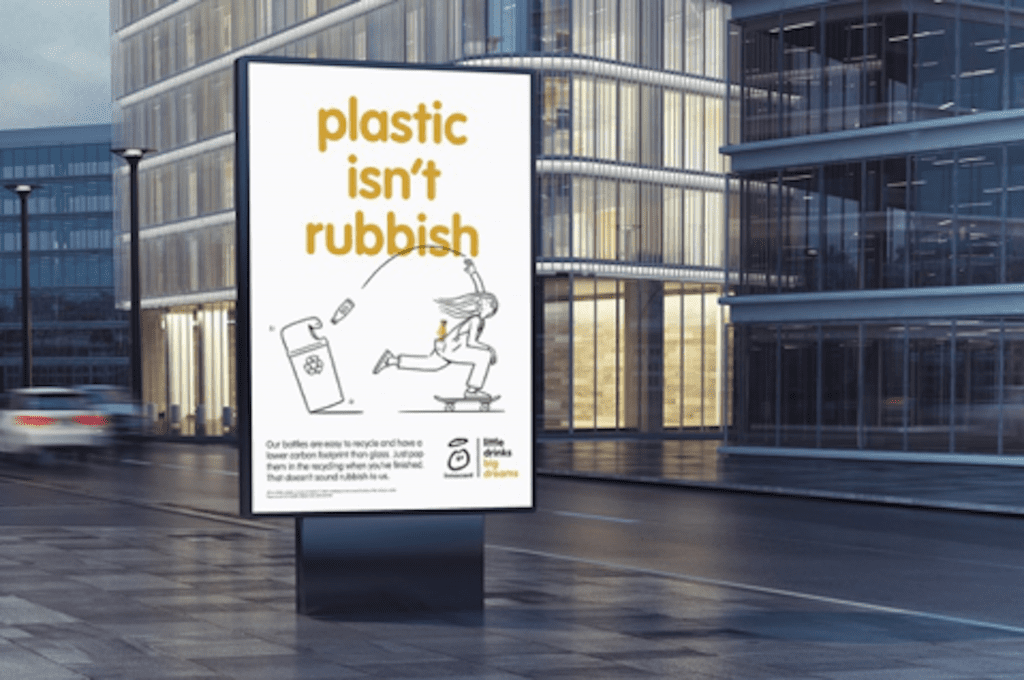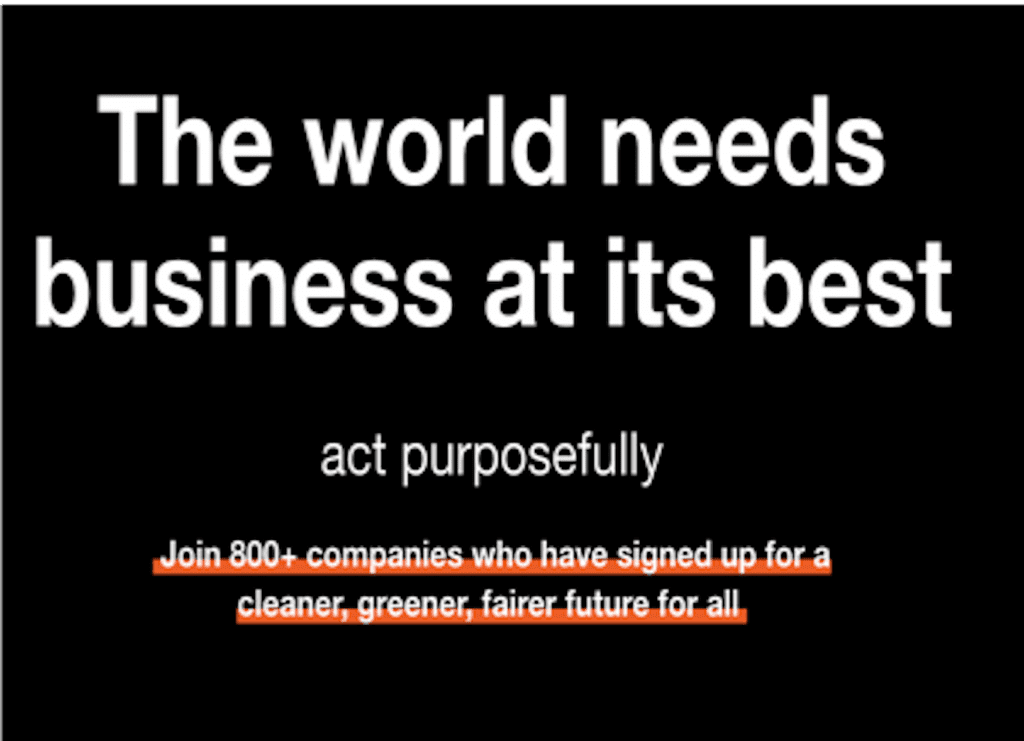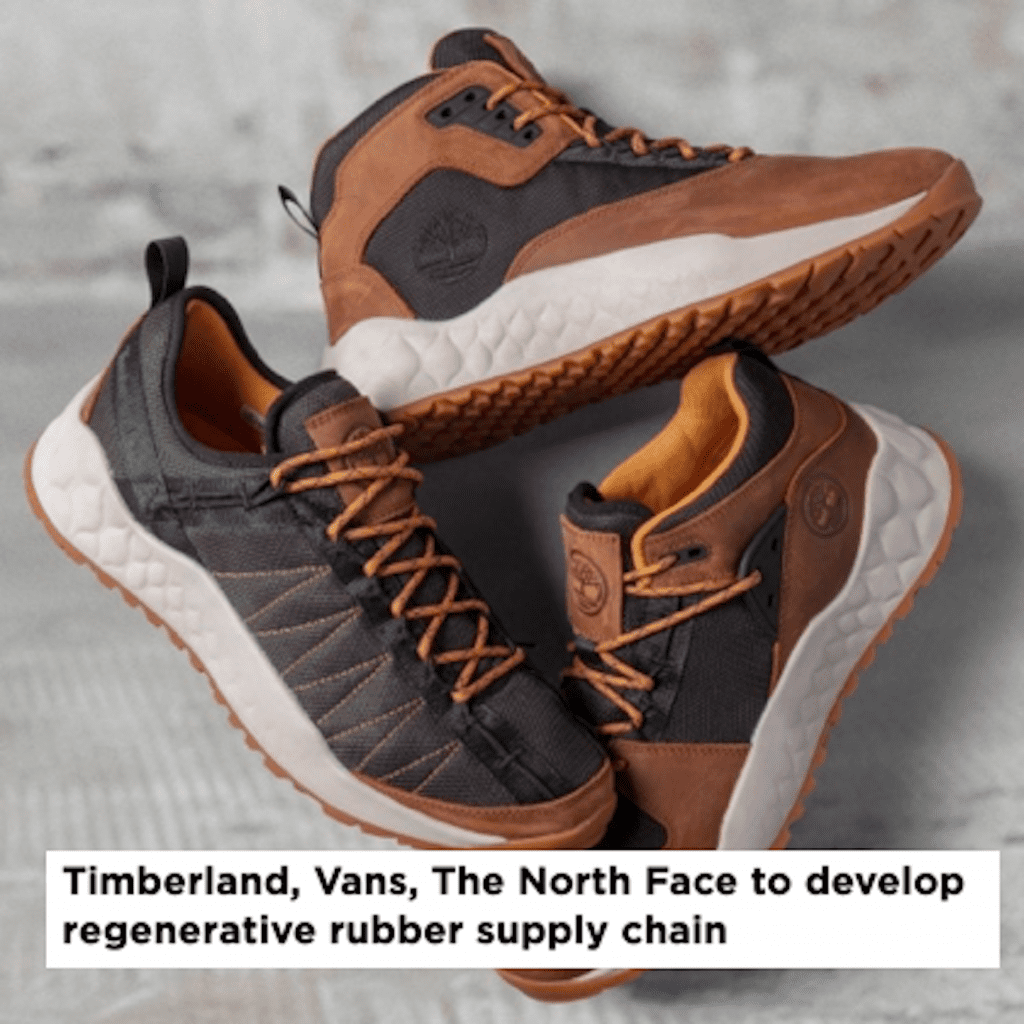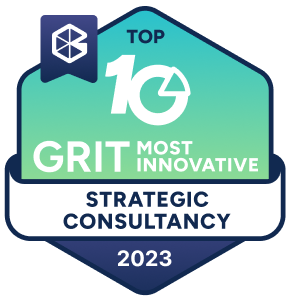Why it’s high time we built a new model for sustainability
We are living through a period of accelerated change, and the role of organisations in society is evolving. We are all aware of the huge opportunity organisations have to drive meaningful change – building a sustainability strategy is essential for organizational growth, investment and innovation, and most importantly, it is essential for the future of our civilization. But there is one big problem, no one seems to have properly nailed it yet.
At the same time, organisations are facing more scrutiny than ever before: are they doing enough? are they greenwashing? are they doing the right thing? Why is it that we’re still struggling to balance good intentions and positive growth with regenerative impact? There are three major challenges organisations are facing in this context of change:
1. Being cancelled, and the fear of being cancelled
There is a fear among organisations that if they get this wrong very publicly, they’ll be called out or cancelled.
The long line of recent organisations being called out by not only climate activists but the Advertising Standards Authority (ASA) for their misleading advertising has been broad and even includes organisations known for their sustainability credentials – from Ryanair and BMW to the more conscious organisations such as Oatly and Innocent. Plastic Rebellion argued that Innocent’s advertising was misleading and not transparent about the adverse effect buying single-use plastics has on long term sustainability issues. ASA made the bold move to ban Innocent’s advert, signalling a seismic shift in how it manages brands that make misleading claims about the environment, even those that are trying to do the right thing.

Are you using your values to challenge status-quo thinking within your organisation and actually make long term sustainable impact or to justify your existing position?
2. I can’t do it alone!
Being truly sustainable requires removing all hubris, coming to terms with the fact that doing things sustainably could mean a real step-change in how we run our organisations, and partnering for impact. But this reality means that there is a real risk of inaction. And the result? A lot of talk and not enough impact.
The BCorp coalition are accelerating a global culture shift to build a more inclusive and sustainable economy by encouraging purposeful collaboration. This coalition illustrates that by setting out one clear goal of creating an inclusive, equitable and regenerative economy, and mobilising a community to drive this vision by sharing knowledge and tools, working together is the only way to tackle sustainability head on.

Are you stuck in your silo, struggling with the scope and scale of the challenge, and unable to harness the opportunity working with a multitude of partners?
3. Short-term Mindsets vs In it for the Long Run
It can feel like the best approach is to try and make changes now which will have an impact immediately. It is essential to challenge ourselves to think beyond annual stakeholder reporting, but further ahead, to the things which will have a much larger long-term impact.
True collaboration across the supply chain will encourage us to move away from a cool innovation to long term regenerative system change. Brands such as Timberland, North Face and Vans are thinking long term, and collaborating to developing a regenerative rubber supply chain, where all parties benefit.

Are the sustainability actions you are investing in are going to make long term impact, and are they regenerative to the world?
As we enter this new era for organisations’ role in society, we require a new model for sustainability. The fact that we are all gaining a better understanding of the issues and barriers that get in the way of sustainable missions, puts us in a better position than ever to act – and just in time, as we recently heard from the annual IPCC report that climate change is having more catastrophic impact than expected, we have reached a critical moment.
This new model for sustainability will be found by unlocking Purposeful Collective Action:
Purposeful = it is essential to take a values-driven approach, grounding your strategy and impact in the values that ring true to your organisation and for the lives of the people you serve, not just following the latest trend.
Collective = taking a human-centred, ecosystem approach that focusses on who needs to be in the room to design a world we want to live in, mobilising the right communities beyond policymakers and internal employees, to gain momentum and scale.
Action = being ambitious about the level of impact you want to make, going beyond having a point of view, or a one-off action. Don’t be afraid to get things out into the real world and into the hands of the people driving change to test and learn.
Winning in this world requires courage and is about moving away from individual sustainable actions to leading on your values, and partnering for shared, long term regenerative impact.






